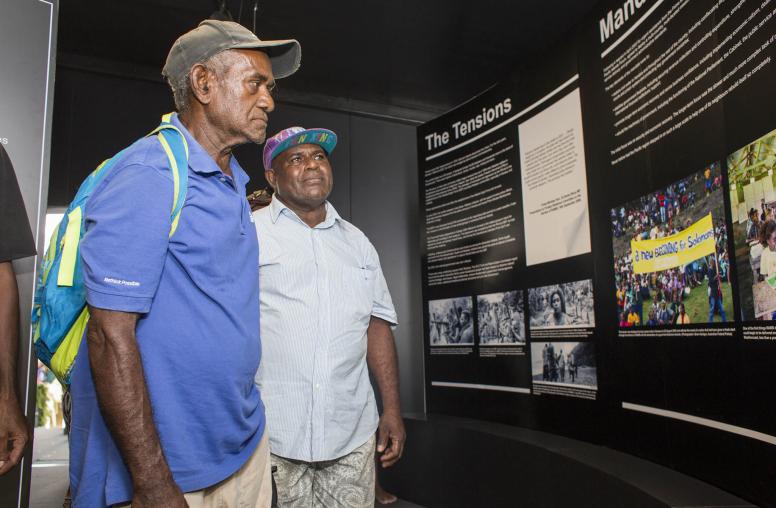Pakistan 2020: The Year Ahead
In 2019, Pakistan faced political and economic turmoil—and the headwinds of instability show no signs of abating. In the early months of 2020, Pakistan’s fraught situation will only become more turbulent as it confronts tensions between the U.S. and Iran, sharpening battle lines between political parties, and widespread economic pain caused by inflation and austerity measures. Meanwhile, simmering tensions with India and uncertain Afghan peace talks further complicate Islamabad’s foreign policy with its neighbors. With Pakistan facing crises at home and abroad, the coming year will prove pivotal for the nation’s future.
On January 27, USIP convened a group of experts to help decipher Pakistan’s tumultuous landscape and assess the year ahead. This conversation explored several key implications for U.S. policy as well, including the state of civil-military relations following the army chief’s extension, prospects for Pakistan’s economic future and whether early signs may portend a recovery, and the ongoing challenges posed by the situation in Kashmir. Experts also examined what analysts and practitioners alike should look for as they gauge Pakistan’s stability and anticipate its policy choices throughout 2020.
Continue the conversation with #PakistansYearAhead.
Speakers
Cyril Almeida
Visiting Senior Expert, U.S. Institute of Peace
Sahar Khan
Adjunct Scholar, Cato Institute
Joshua White
Associate Professor, Johns Hopkins University School of Advanced International Studies
Uzair Younus
Non-Resident Fellow, Atlantic Council
Zachary Constantino, moderator
Visiting Expert, U.S. Institute of Peace




